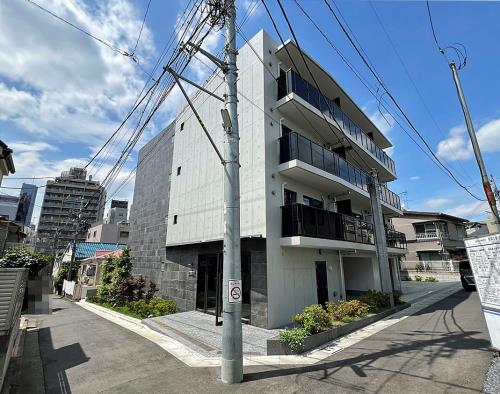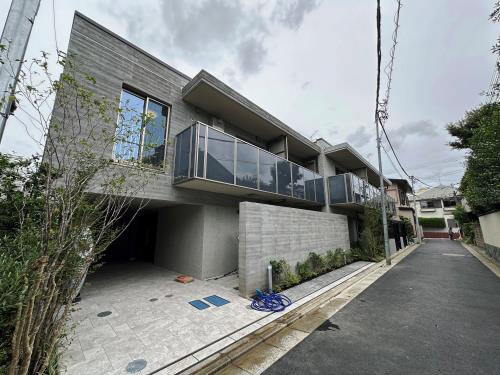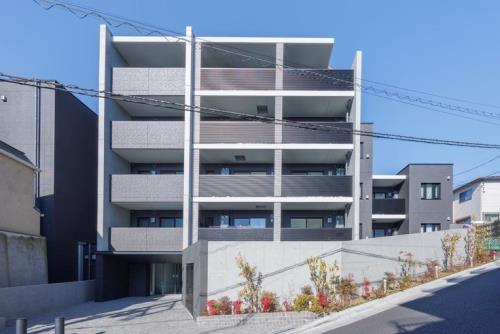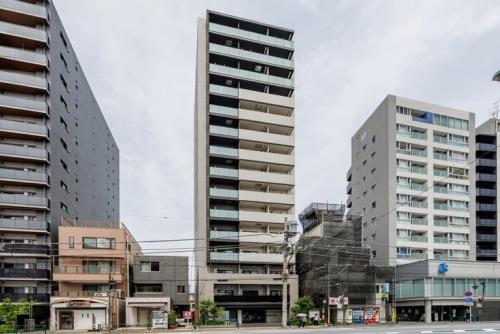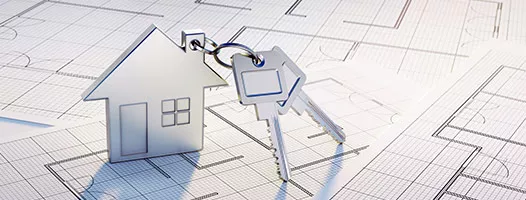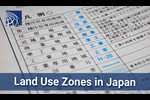Tax on Employee’s Company Housing – How is the tax calculated if the company pays the rent?
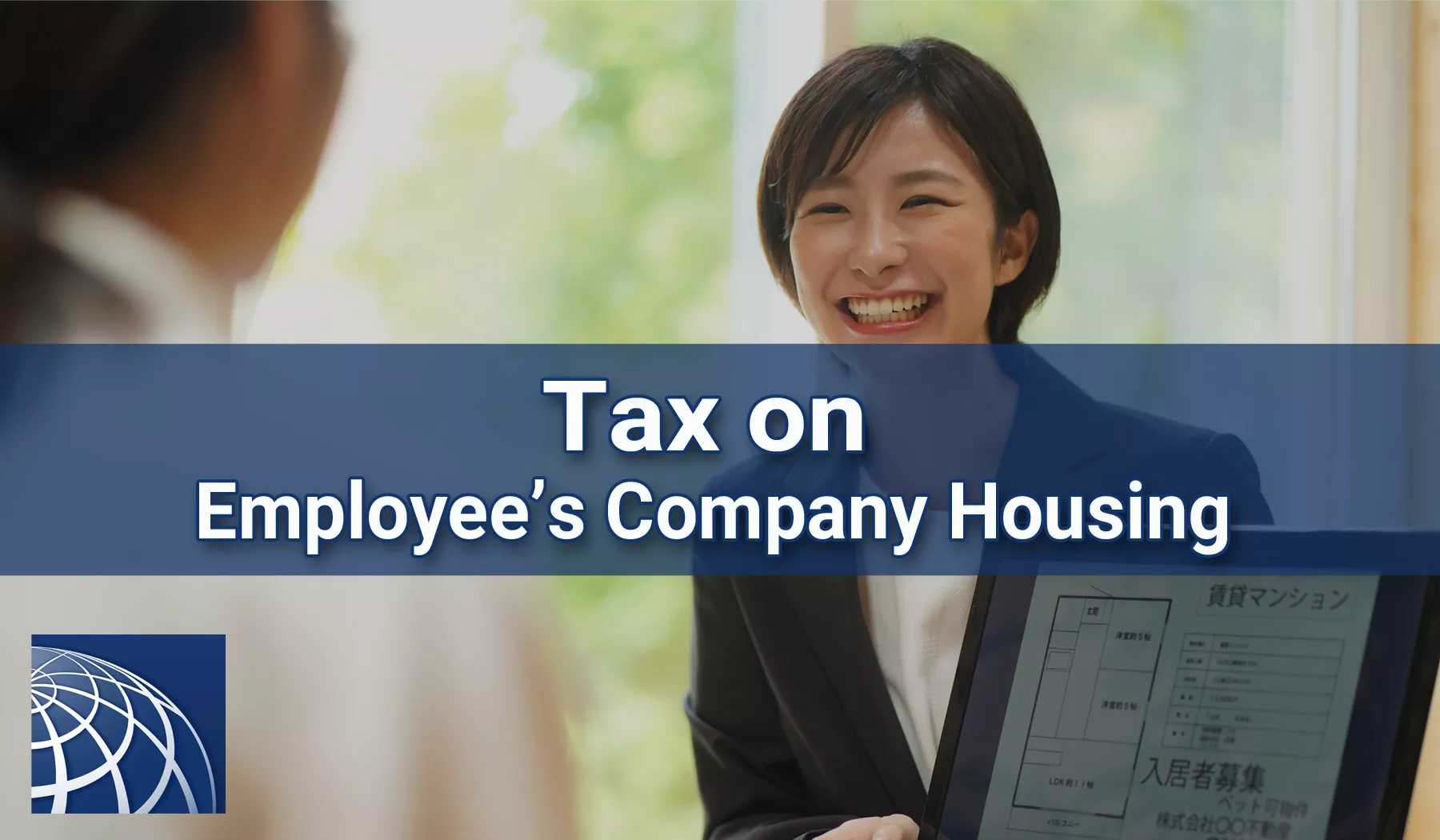
When a company pays the rent for an employee, tax payment differs depending on how the company pays the rent and what type of residence the employee lives in. We will explain in detail the types of housing allowances, company housing, and tax amount imposed on each of them.
How a Company Pays the Rent?
When a company pays the rent for the employee, the following 4 ways can be taken.
1. Housing Allowance
Cash allowance for employees and executives to cover part of the loan amount.
Taxable because it is considered as part of salary.
2. Rent Allowance
Cash allowance for employees and executives to cover part of the rent amount.
Taxable because it is considered as part of salary.
3. Company house for a charge
When an employee or executive pays a certain amount of monthly rent (rent-equivalent value): Not considered as salary, non-taxable.
*If an employee or executive pays less than rent-equivalent value to an employer, the difference between the rent and the amount paid will become taxable as salary.
However, if the amount paid by an employee (not applicable to an executive) is 50% or more of rent-equivalent value, the difference between the rent and the amount paid will not become taxable as salary.
[Example]
・When the rent-equivalent value is JPY10,000 and the employee pays JPY4,000: The difference amount of JPY6,000 will become taxable.
・When the rent-equivalent value is JPY10,000 and the employee pays JPY6,000: Since the employee pays 50% or more of the rent-equivalent value, the difference amount of JPY4,000 will not become taxable as salary.
4. Company house for free of charge
Rent-equivalent value is taxable as salary income.
Calculation of rent-equivalent value
Calculation of rent-equivalent value differs between employees and executives.
We will explain here the rent-equivalent value of employee’s company housing.
Click here about Tax on Executive’s Company housing >>>
How to calculate the rent-equivalent value of employee’s company housing
The rent-equivalent value is the total from (1) to (3) as below:
(1) (Current-year taxable amount of the fixed asset tax for the building) x 0.2%
(2) JPY 12 x (Gross floor area of the building [㎡]/3.3 ㎡)
(3) (Current-year taxable amount of the fixed asset tax for the land) x 0.22%
Not only when leasing company housing or dormitories owned by a company, but also when leasing those which a company is leased from the other lessor, the sum from (1) to (3) above is the rent-equivalent value. Therefore, when a company is leasing company housing or dormitories which are leased from the other lessor, it is necessary for an employer to confirm the amount of tax base of the fixed asset tax for such company housing or dormitories.
Summary
We have explained briefly how a company reduces the rent burden on the employees as part of the welfare program, but there are detailed regulations other than the above. So, we recommend that you consult with an expert when you operate such program plan.
Reference: National Tax Agency Website No.2597 When an employer lease company housing or dormitories to the employees
https://www.nta.go.jp/taxes/shiraberu/taxanswer/gensen/2597.htm

- Rental Apartments & Houses in Tokyo
- Listings of popular and luxurious rental apartments, condominiums, and houses designed with expats in mind.

- Apartments & Houses for Sale in Tokyo
- Listings of apartments, condominiums, and houses available for purchase in Tokyo.






